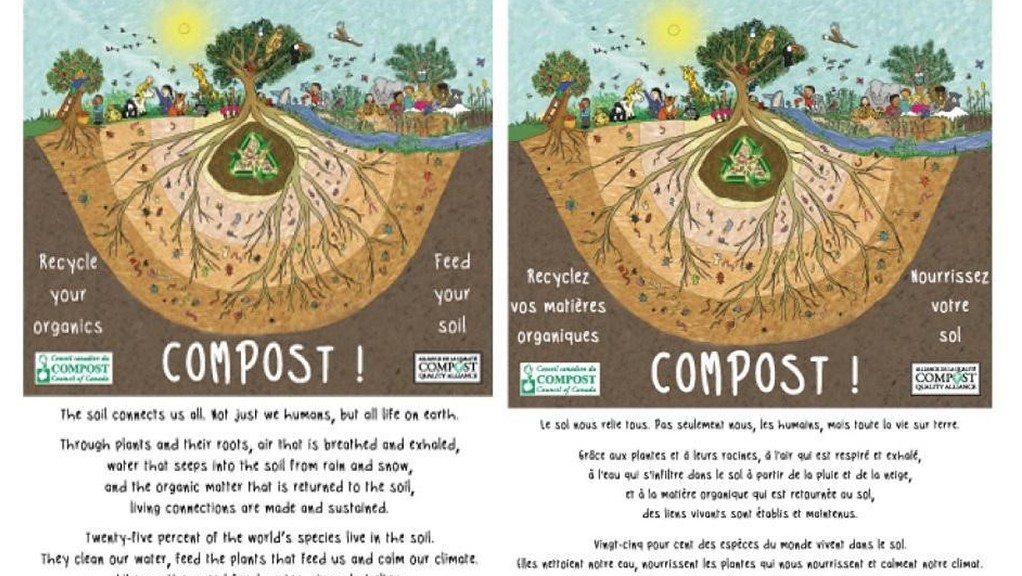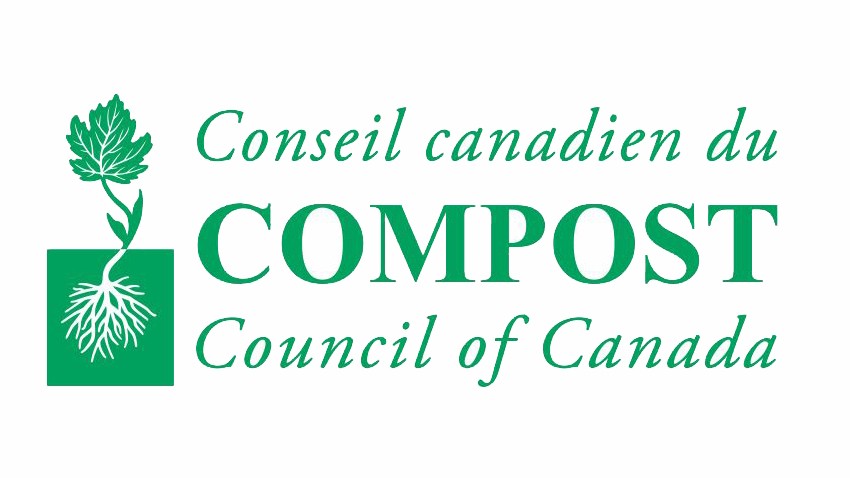Compost Council of Canada celebrates 30 years
Watch the Video: Manitoba research project latest to demonstrate the immense value of compost for agricultural yield

Saturday May 15th marks the 30th anniversary of The Compost Council of Canada.
According to Excecutive Director Susan Antler, "From the days when the reason-why focus centred on landfill diversion to current times, when the reasons centre on climate change mitigation and soil-plant-human health improvements, organics recycling has always been a fundamental solution for environmental care and local economic development."
Antler continues, "Each day has counted. It has been your own as well as everyone's collective vision, hard work and refusal-to-take-no-for-an-answer that has built the momentum, infrastructure and realities to help Canadians from coast-to-coast-to-coast to recycle their organics, returning essential organic matter back to our soils. Thank you."
"While organics are now the #1 material-by-tonnage recycled across Canada, there's much more to be done, having just tapped about one-third of our annual potential!
"Happy 30th Anniversary! For the Love of the Earth."
Manitoba agricultural research demonstrates bett-er yield and nutritional value when vegetable crops are grown in compost-amended soils
The purpose of recycling organics has been elevated from a discussion of waste diversion to one of improving soil, plant and human health, in part, thanks to the results of a five-year agricultural research trial conducted in Brandon, Manitoba. The results on crop yield, using municipal solid waste compost amendments in the growing process are being described as "remarkable."
The study shows that the addition of compost to food-growing soils produced higher yields with better nutritional values, energized through improved plant metabolism - the process by which plants live and grow. Using compost made from food scraps and garden trimmings of the city's residential collection program, the study was conducted by Dr. Lord Abbey of Dalhousie University's Faculty of Agriculture, supported by Manitoba Conservation & Climate and the Compost Council of Canada.
"We grew 4 different vegetable crops - lettuce, beets, carrot, green beans - applying the city compost at different frequencies, once every year and once every two years with our control being none at all," said Dr. Abbey. ""Not only were the harvests more productive but the densities of the nutrients were greatly increased in the annual and biennial municipal compost applied soils at the end of year five of the study."
"Going into this work, we hypothesized that the long-term frequent application of municipal compost will potentially biofortify food plants, which has positive implications to human health," Dr. Abbey said. "We had the harvests analyzed at Alberta's Metabolomics Innovation Centre, Canada's national metabolomics core facility and what we found was truly remarkable."
"Dr. Abbey and this Manitoba study showcases the importance of recycling organic residuals,' said Susan Antler, executive director, The Compost Council of Canada. "As his study shows, turning these organic ‘leftovers and remains' into compost produces a reservoir of essential plant nutrients and biomolecules such as macro- and micro-nutrients, amino acids, carbohydrates, lipids and mineral nutrients, vital for plant metabolism. At a time of global climate change, ever-increasing food and nutrition insecurity and these grave consequences on human health and well-being, it is a waste to throw them away."
LINK to the full results of Dr. Abbey's research findings as published in FOOD RESEARCH INTERNATIONAL.
WATCH the VIDEO below.



